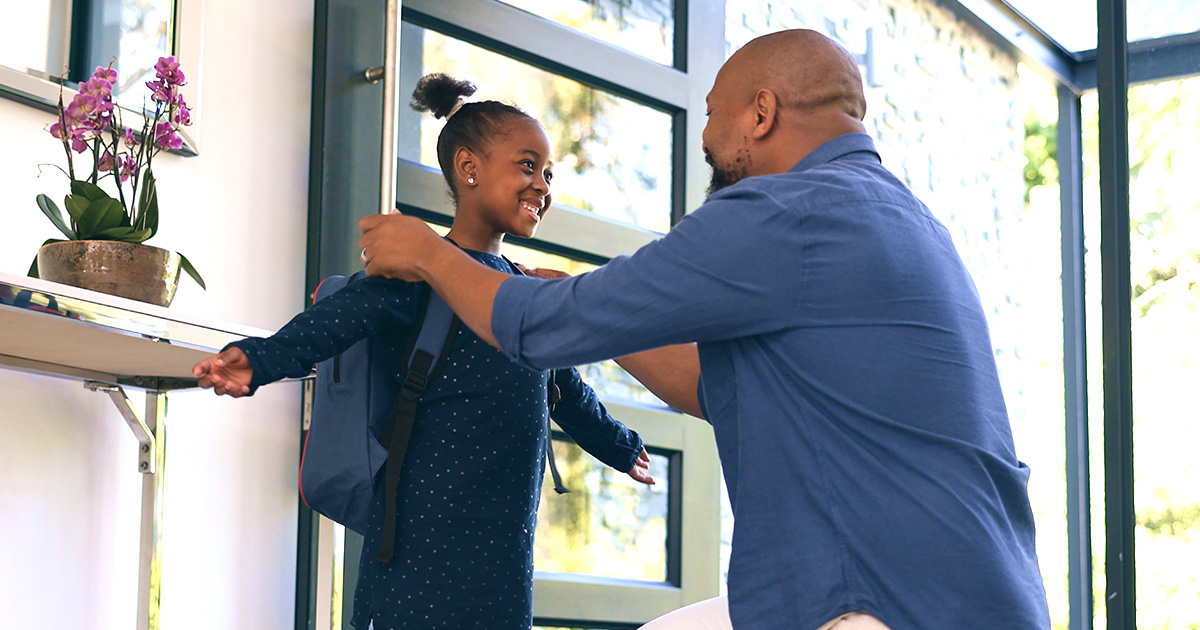- 877.624.2602
- Schedule a Tour

In preparing for the next step in a child’s educational journey, families often put academic skills at the forefront. Many skills go beyond academics to influence kindergarten success.
The terms Kindergarten Readiness and Life Readiness are often used in relationship to education, but what do they truly mean? There are a few key elements of each that support readiness in all children while acknowledging their different individual interests and needs.
According to the National Association for the Education of Young Children (NAEYC), kindergarten readiness is more than academic knowledge, such as recognizing letters, letter sounds, numbers, etc. Another large factor in achieving readiness is a child’s social-emotional skills. Developing these skills will help children navigate challenges, learn independence, and understand emotions.
Below are some examples of social-emotional skills you can work on at home to help prepare your child for future success and to encourage their ongoing development.
Conflict Resolution
Children will face many conflicts throughout their lives, even during their early years. Having the skills to recognize, mediate, and resolve those conflicts is critical to future success. Younger children still need support when faced with conflict.
- Action Step: A great way to help is to act as a mediator as children learn to assess the problem, express their ideas for resolution, and agree on solutions. Providing opportunities to work through their conflicts encourages critical thinking and problem-solving skills.
Independence and Self-Help
As children move along their educational journey, learning independence and self-help skills become more and more critical. It builds their confidence in learning new things and their ability to achieve a goal or conquer a task.
- Action Step: Encourage children to do everyday tasks as independently as possible at home. Some examples include putting on their coat, washing their hands, blowing their nose, or feeding themselves with a spoon at mealtime.
Recognize Emotions
Understanding their own emotions, as well as recognizing the emotions of others, is an important piece of social development. Being able to express feelings and practice empathy supports children’s abilities to build relationships and regulate their own emotions. Be a listening ear and encourage your child to be open to discussion around their emotions.
- Action Step: Reading books together is a great way to help children understand different perspectives. It also presents opportunities for you and your child to talk and connect about the topic. As you read, ask open-ended questions such as:
- How do you think that made her feel?
- What are some ways you could help him feel better?
- Why do you think she is feeling that way?
Remember, spending quality time, being responsive, and interacting positively with your children and others (peers and adults) will continue to support their overall readiness for school and life.
